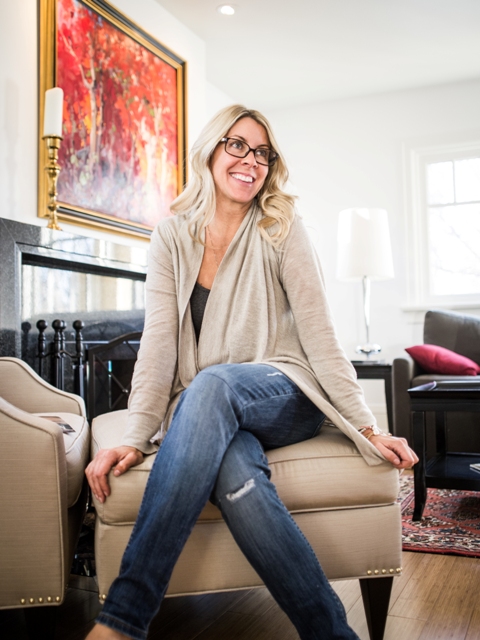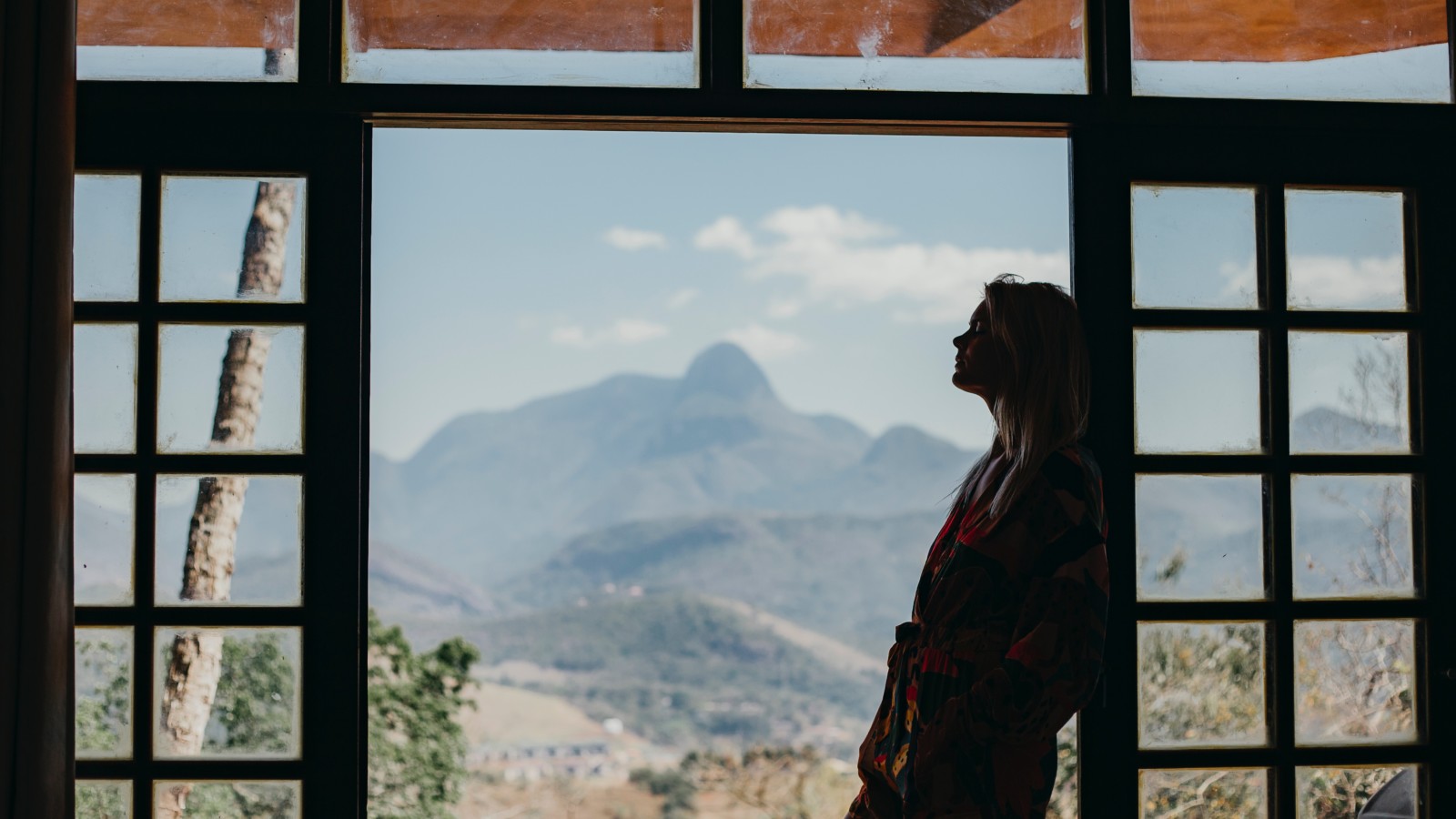As we approach world mental health day (Sunday, October 10th), I have been reflecting on the mental health struggles of the women in the SheWorth community. The pandemic rages on, and mental health continues to decline. Arguably humanity has never been in such a state of helplessness with so many chilling aspects of life outside our control. The loss of control is triggering the highest levels of anxiety the world has ever seen.
Focus on what we can control
As a single mom of 2 sons, a 16-year-old with multiple special need’s and a 21-year-old who is smack in the middle of the worst-hit demographic facing depressive disorders, I can relate to feeling a sense of dread and loss of control. I feel myself internally screaming, “WHEN THE HELL WILL THIS BE OVER!”. Collectively we are off-balance, and the fear of the unknown is escalating the typical risk factors of poor mental health; isolation, financial insecurity, unemployment, medical conditions and strained relationships.
One positive outcome of the mental health crisis is the future of mental wellness as neuroscientists and psychologists unite to educate people on the discipline of living again. Billions of dollars are being invested in innovative programming, tools, and resources to support mental health and develop strategies to enable people to take matters into their own hands. This gives us hope for the future, but what can we do now?
Create a sense of purpose
Observing patterns in the people who seem to be faring better than others on the mental health front, the existential-humanistic values of self-responsibility enable people to thrive better than others in the chaos. The father of existentialism, Soren Kirkegaard, theorized that human discontent could only be overcome through internal wisdom. As Kierkegaard said, we are all born without purpose, which is bound to cause anxiety.
When we can muster up the capacity to introduce some purpose into our daily lives, we can keep the train from going off the proverbial tracks.
Choose to make lemonade out of lemons.
Adopting an existentialist mindset helps us take back some control as the fundamental belief is that we have the power, freedom and responsibility to make our own choices. Existentialists are great in chaos as we are conditioned to go inwards and understand the power of a positive attitude in crisis.
Recognizing that personal responsibility is reflected in choice and looking for purpose in the dark days are tactics to help bring order back to our lives, positively impacting mental health. One doesn’t have to decide to embrace existential philosophy to grasp these basic concepts as coping mechanisms.
Consider the words from Viktor Frankl, Austrian psychiatrist, who was imprisoned in Nazi concentration camps for four years during World War II:
“When we are no longer able to change a situation, we are challenged to change ourselves” -Viktor E. Frankl


